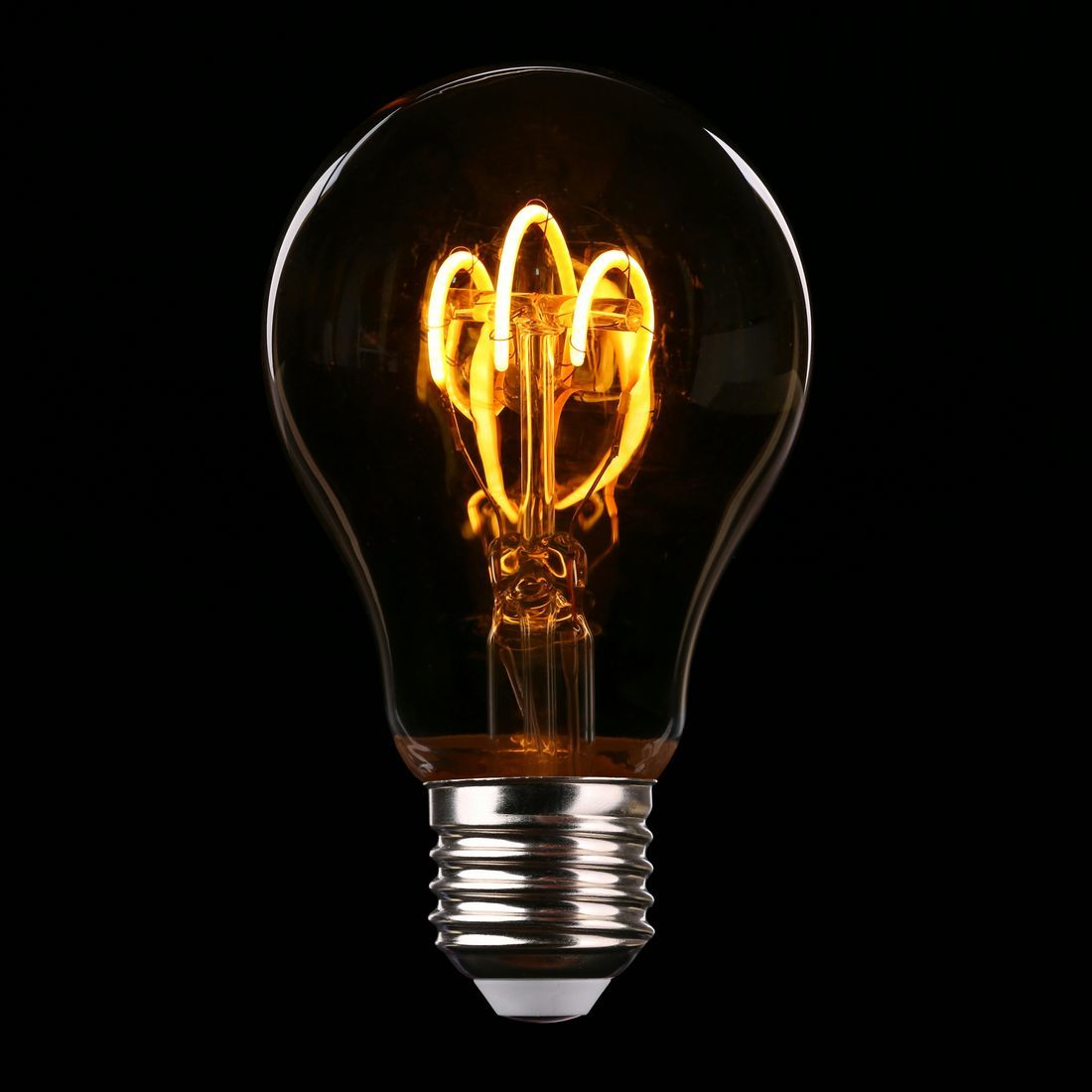Electricity Market Trends for December 2024
December 2024 witnessed significant developments in Australia's electricity market, characterized by policy debates, infrastructure challenges, and evolving energy strategies.
Market Dynamics
Victoria faced potential blackouts due to an aggressive shift towards renewable energy, with projections indicating that demand could exceed supply by over 30% in certain months. This transition is also expected to elevate power bills, potentially making them the highest in Australia. The estimated $300 billion required for new renewable infrastructure significantly surpasses the current system's valuation of $136 billion.
Policy Debates
The discourse around nuclear energy intensified, with Energy Minister Chris Bowen critiquing the opposition's nuclear energy plan. Bowen's calculations, suggesting a 49% electricity shortfall by 2035 under the proposed plan, were based on assumptions from his office rather than a detailed analysis of the Coalition's proposals. This approach drew criticism for its perceived lack of reliability and politicization of the public service.
Infrastructure Challenges
Delays in critical infrastructure projects continued to pose challenges. A decision on transmission access to New South Wales' South West Renewable Energy Zone (REZ), originally expected by December 2024, has been postponed to February 2025. Such delays threaten Australia's goal to generate over 80% of its electricity from renewables by 2030.
Natural Gas Market Trends for December 2024
The natural gas sector encountered significant policy changes and market pressures during December.
Policy Changes
The Victorian government's decision to increase gas exploration permit fees by over 300% was met with criticism from the gas industry, which views it as a "massive hit" amid potential future gas shortages. This move is intended to cover regulatory costs but may deter investment, particularly affecting small exploration companies.
Market Pressures
The Beetaloo Basin's gas reserves have been identified as a viable option to address potential supply shortages on the east coast, particularly in Victoria and New South Wales. However, this proposal is contentious, potentially causing conflict with Indigenous groups who view the land as culturally sensitive.
State-by-State Overview
New South Wales (NSW):
- Electricity: The state faced policy debates over energy strategies, with discussions around nuclear energy and renewable integration influencing market sentiment.
- Natural Gas: Supply concerns persisted, with the Beetaloo Basin proposed as a potential solution, though facing cultural and environmental challenges.
Victoria:
- Electricity: The aggressive push towards renewables raised concerns about potential blackouts and increased power bills, highlighting the need for balanced energy planning.
- Natural Gas: The substantial hike in exploration permit fees drew industry criticism, with fears it could deter investment amid looming gas shortages.
Queensland:
- Electricity: The state continued to navigate energy policy debates, particularly around the feasibility and cost of nuclear energy as part of its future energy mix.
- Natural Gas: Discussions around the Beetaloo Basin's potential to alleviate supply concerns were pertinent, though met with cultural and environmental considerations.
South Australia:
- Electricity: The state maintained its focus on renewable energy integration, with ongoing discussions about energy reliability and infrastructure development.
- Natural Gas: Policy changes in neighboring Victoria regarding gas exploration fees were monitored for potential market impacts.
Western Australia (WA):
- Electricity: WA continued its trajectory towards renewable energy adoption, balancing infrastructure development with market demands.
- Natural Gas: The state's position as a significant LNG exporter remained stable, with ongoing investments in both traditional and renewable energy sources.
Policy and Regulatory Updates
- Nuclear Energy Debate: Energy Minister Chris Bowen's critique of the opposition's nuclear plan sparked discussions about the future energy mix, with calls for detailed analyses and transparent policymaking.
- Gas Exploration Fees: Victoria's substantial increase in gas exploration permit fees aimed to cover regulatory costs but faced backlash for potentially deterring investment amid supply concerns.
- Renewable Energy Transition: Delays in critical infrastructure decisions, such as the transmission access for NSW's South West REZ, underscored challenges in meeting renewable energy targets.
Conclusion
December 2024 highlighted the complexities of Australia's energy transition, with policy debates, infrastructure challenges, and market dynamics shaping the landscape. The push towards renewable energy, while essential for sustainability, requires balanced planning to ensure reliability and affordability. Simultaneously, discussions around nuclear energy and natural gas policies reflect the need for a diversified and pragmatic approach to Australia's future energy needs.
Contact Us Today
Austech Power & Gas is dedicated to assisting businesses in navigating the evolving energy market. Whether you're seeking to optimize energy costs, explore renewable solutions, or understand policy impacts, our team is here to provide expert guidance. Contact us today to develop a resilient and forward-thinking energy strategy tailored to your needs.

